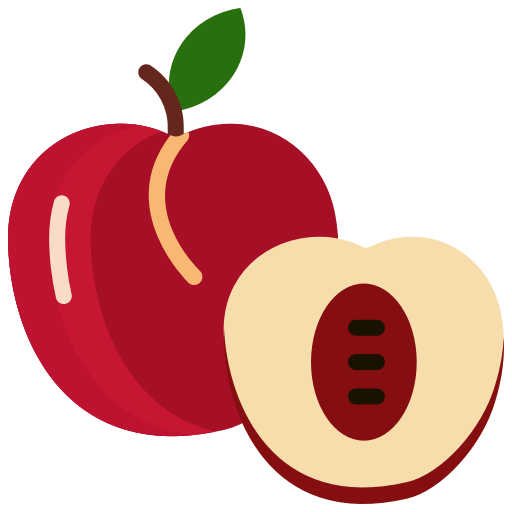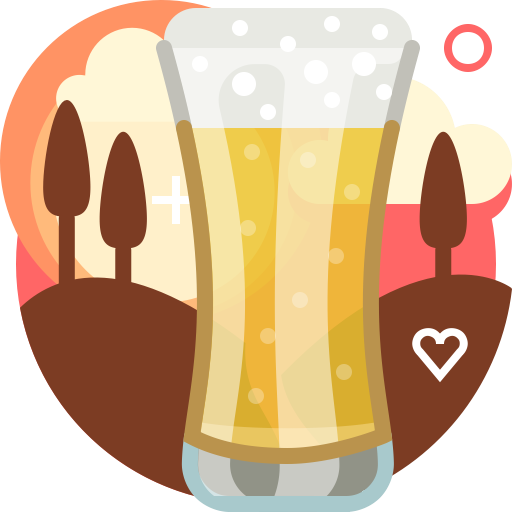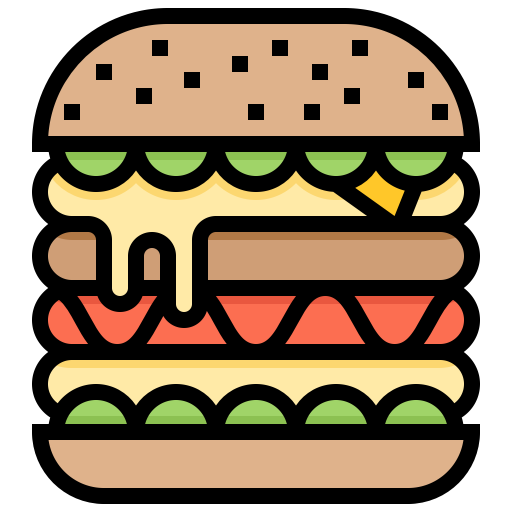Healthy eating for a healthy heart
 Your five a day
Your five a day
There are lots of ways you can help to reduce your risk of developing heart disease such as lowering blood pressure and cholesterol. We recommend a healthy, balanced, high fibre diet, which includes plenty of fresh fruit and vegetables (five portions a day) and whole grains.
 Sugar
Sugar
You should also try to avoid too much sugar in your diet as this can increase your chances of developing diabetes, which is proven to dramatically increase your chances of developing coronary heart disease (CHD). Too much sugar is also bad for your teeth and can make you gain weight. Sugar is also hidden in most food we eat including bread, pasta, rice, fruit juice and soft drinks.
Find out how much sugar you should eat a day and how to cut it at NHS Live Well
 Salt
Salt
Too much salt will increase your blood pressure, so it's best to limit the amount of salt you eat to no more than a teaspoon (6g) a day. Find out more about how to limit the intake of salt.
 Alcohol
Alcohol
Do you know how much you're drinking? Keep a drinks diary for a week to help you find out. You might be surprised at what you discover!
Drinking more than the recommended units of alcohol can have a harmful effect on your heart and on your health generally. It can cause abnormal heart rhythms, high blood pressure, heart failure, as well as stroke, liver problems and some cancers. Find out more about managing the amount of alcohol you drink at NHS Choices.
If you think you may have a problem with the amount of alcohol you drink, talk to your GP or practice nurse, or contact alcohol addiction services in your local area.
 Fatty food
Fatty food
There are two types of fat: saturated and unsaturated. You should avoid foods containing saturated fats because these will increase the levels of bad cholesterol in your blood. Foods high in saturated fats include:
- meat pies, sausages and fatty cuts of meat
- butter or cream
- ghee - a type of butter often used in Indian cooking
- lard
- hard cheese
- cakes and biscuits
- foods that contain coconut or palm oil
But a balanced diet should still include unsaturated fats, which increase levels of good cholesterol and help reduce blockages in your arteries. Foods high in unsaturated fats include:
- oily fish
- avocados
- nuts and seeds
- sunflower, rapeseed, olive and vegetable oils
 Overweight?
Overweight?
Are you a healthy weight?
Have a look at the NHS BMI healthy weight calculator to help you decide. If you'd like help and support with losing weight why not get started with the NHS weight loss plan.
The NHS Digital Weight Management Programme supports adults living with obesity who also have a diagnosis of diabetes or hypertension or both, to manage their weight and improve their health.
 Useful apps
Useful apps
There are lots of helpful tools you can download on your smartphone to help make some changes to your lifestyle, including apps to:
- check your daily calorie intake
- calculate and track your BMI and healthy weight
- help you lose weight
- help you keep a drinks diary and get feedback on your drinking
You could be also interested in reading more about helpful apps to keep your heart healthy, live well or keep fit.
